If you suspect that your child has autism, you may be feeling quite a bit of anxiety wondering if your suspicions are true. At first glance, the world of autism can be a scary and unknown place, but it doesn’t have to stay that way.
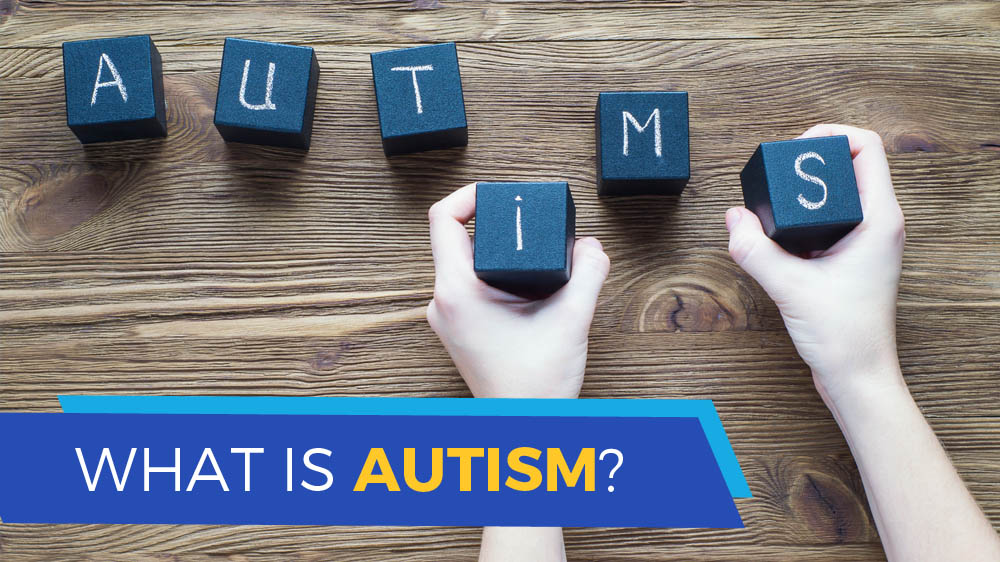
What is autism?
According to Autism Speaks, “autism spectrum disorder refers to a range of conditions characterized by challenges with social skills, repetitive behaviors, speech and nonverbal communication, as well as by unique strengths and differences.”
Research indicates that 1 in 68 children have been diagnosed with Autism Spectrum Disorder (ASD).
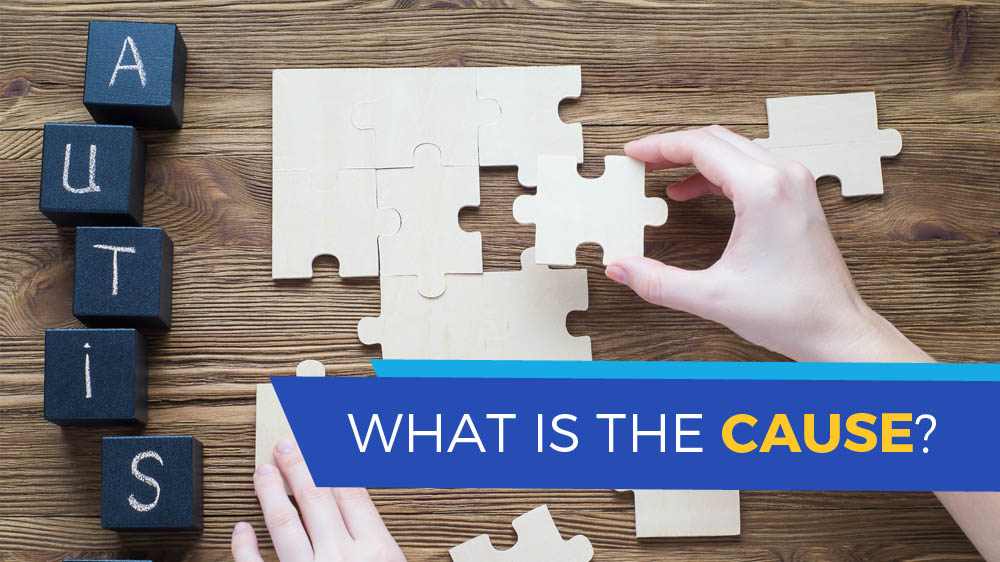
What is the cause?
Researchers continue to study autism and work to determine its causes. The jury is still out, but there are a few theories. Over the years, two contributing factors seem to be consistent. First, genetics appears to play a role. If autism runs in the family, it is more likely to be passed on. Second, prenatal environment conditions may play a role. Sicknesses like the flu or medical conditions like diabetes during pregnancy may create a higher risk for giving birth to a child with autism.
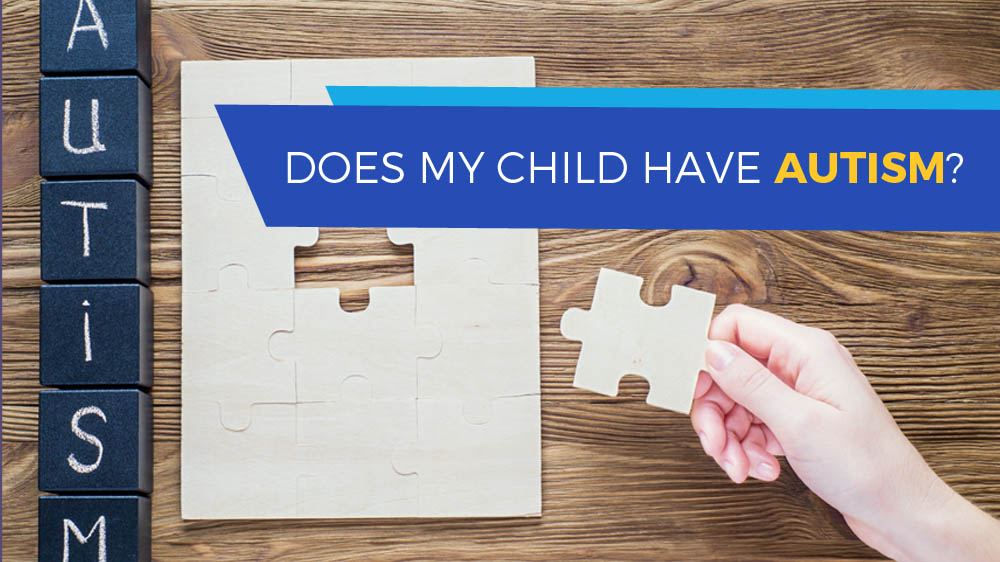
Does My Child Have Autism?
Since Autism causes developmental delays, one of the quickest ways to determine if your child should be evaluated for autism is by monitoring their social development.
Here are a few questions you can ask yourself if there are any concerns.
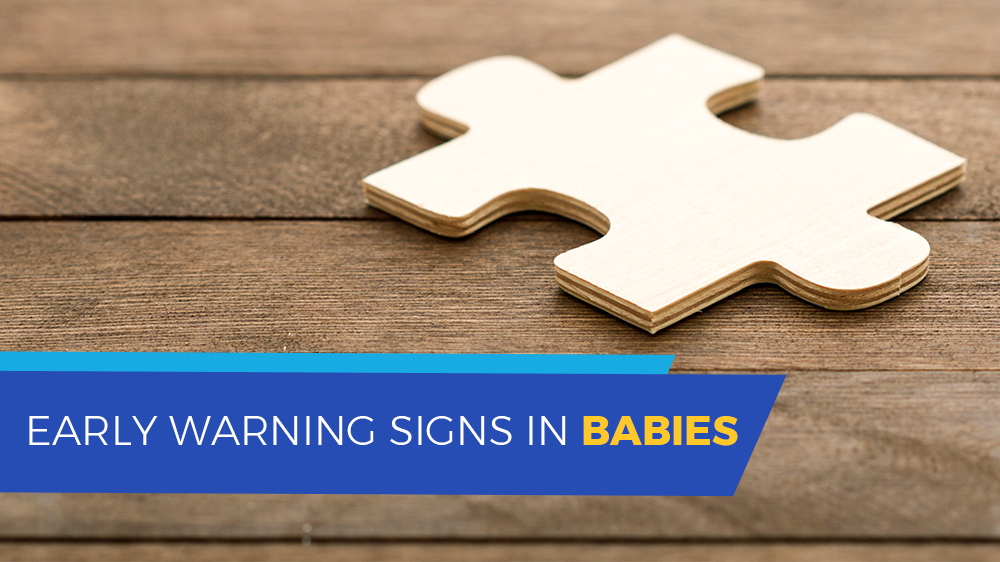
Early warning signs in babies
A child is not typically diagnosed with autism prior to 2 or 3 years old but here are a few questions to consider if you have concerns for your infant.
Does he/she respond when you say their name?
According to parents.com, a baby recognizes their name between 5-7 months old but will turn to the sound of your voice as early as 2-3 weeks old.
Is your child making eye contact?
If your child seems to look straight through you or never look at you, there may be cause for concern.
Can your toddler point and wave? Are they making noises and babbling?
Babies are curious from the very beginning. They begin exploring their world right away. From grabbing your fingers to blowing raspberries, infants who are developing at a typical rate will be making constant discoveries and experimenting with what they can do with their bodies.
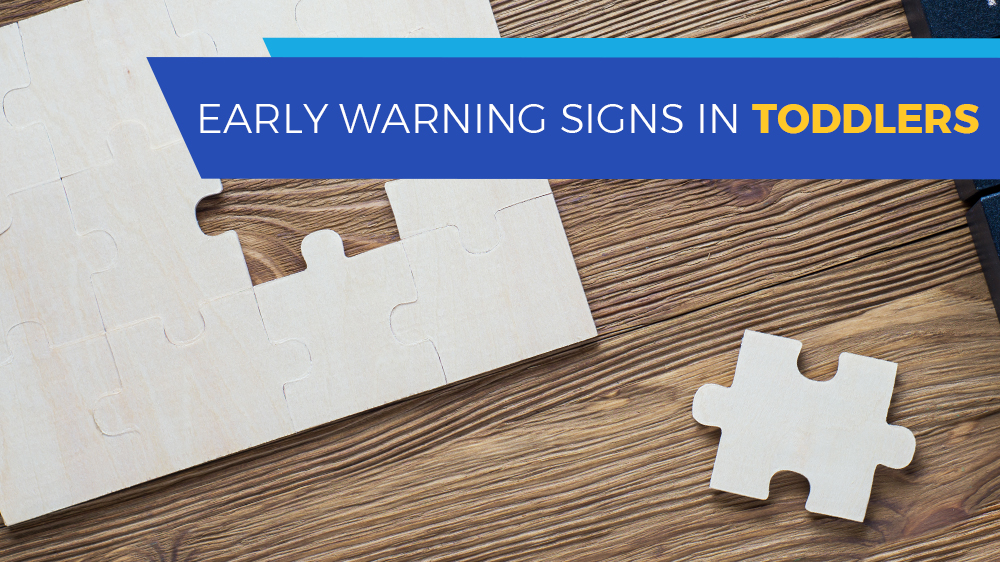
Early Warning Signs in Toddlers
Does your child seem to be in their own world?
Children with autism often seem to be in their own world, reluctant to engage their parents or the people around them.
Does it appear that your child’s social or verbal skills have regressed?
If you notice that your child previously had a verbal, physical, or social skill that has since regressed, this may be cause for concern.
Does your child use their toys in unusual ways?
All children play with toys in unusual ways but excessive lining up toys or carrying around an unusual part of a toy, say the wheel of a truck, might be a sign of autism.
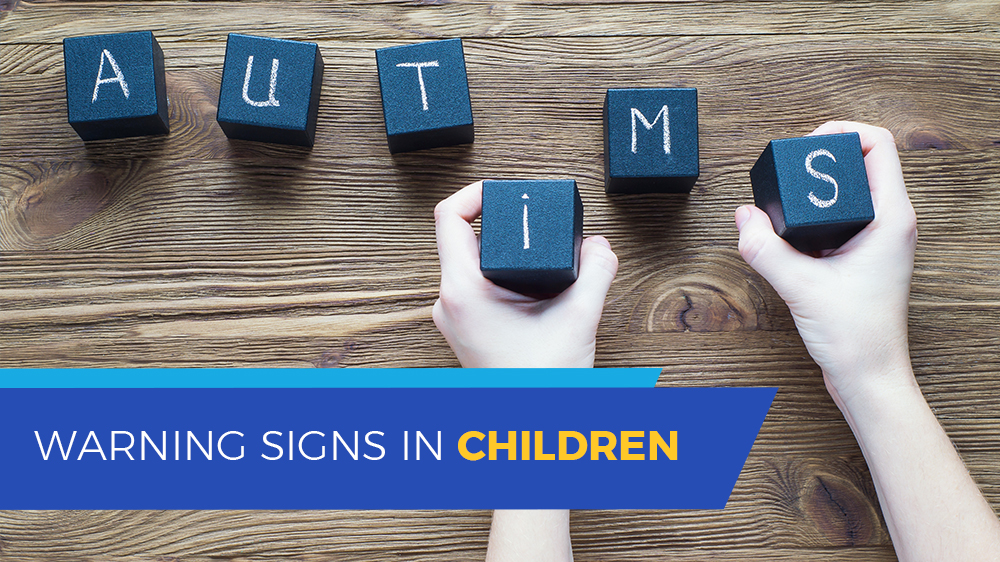
Warning Signs in Children
Does your child walk on their toes?
Many children, under the age of three, walk on their toes either as a learned habit, for sensory experiment sake or because there may be a physical deficit. Children over the age of 5, however, who are walking on their toes may have something more going on.
Does your child repeat words excessively?
Echolalia is the act of repeating words and phrases precisely as they were heard. For example, if a child were to hear a commercial on television and then repeat a catchphrase over and over again.
Does your child use stimming as a coping mechanism?
Stimming is a repetitive body movement such as spinning, hand flapping, or rocking. Not all children who stim have autism.
Does your child over or under react?
Typically developing children are experiencing a wide array of emotions and can be known to inappropriately respond with their emotions to a situation. The difference is consistency. Children that have autism spectrum disorder can appear to be numb to their circumstances or extremely sensitive to their experiences on a consistent basis.

Where to go from here
A word of caution: autism cannot be diagnosed by this checklist. If you have concerns about your child’s development, the best place to start is your pediatrician. Share your concerns and ask for a specialist referral. Because autism is not easily understood, you may encounter professionals who do not understand. Don’t stop looking or asking until you find the answers and support you need.
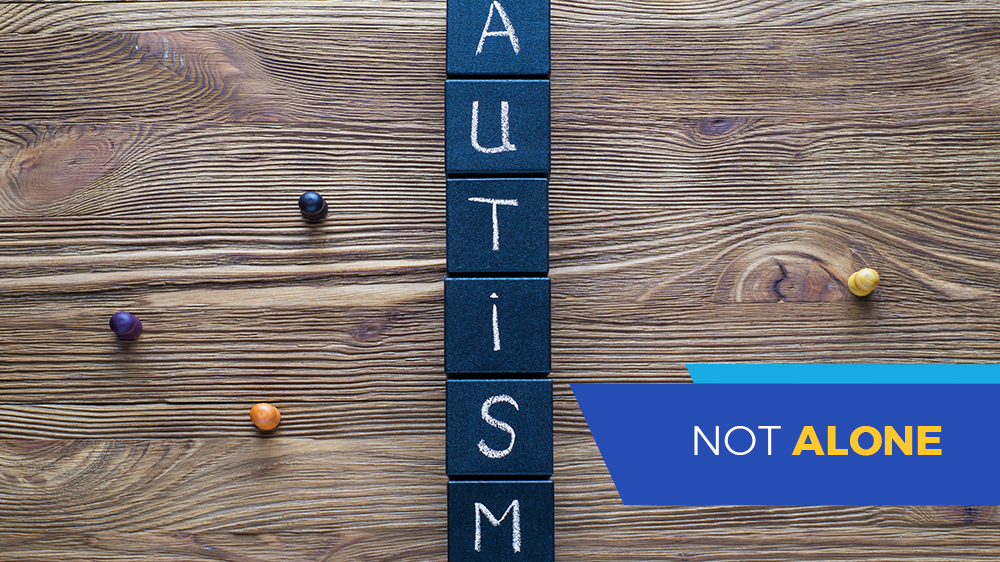
Not Alone
If you find that your child does have autism, you are not alone. There are many tools, resources, and support groups available to help you walk through this new world. Your child will help you, too. As you begin to see the world as they see it, you’ll find beauty in the chaos and joy being able to parent the wonderful child you have been given. If you have any questions or would like to purchase a Guardian Helmet give us a call or send us a message here!

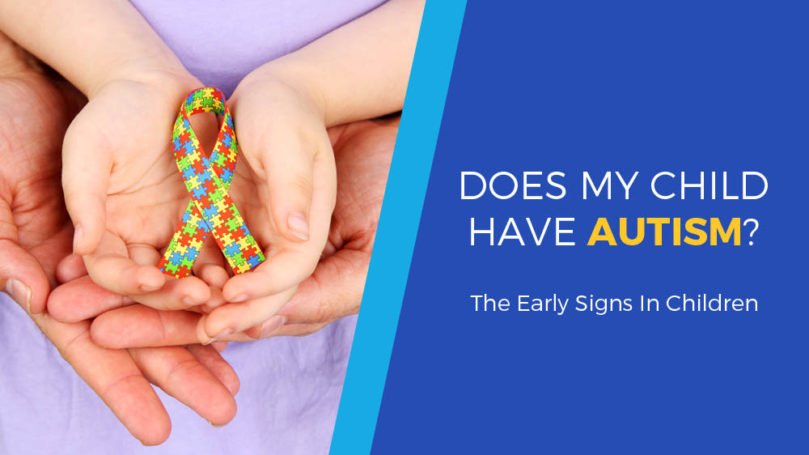
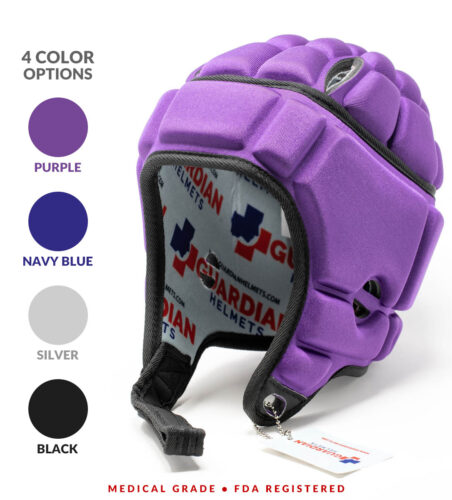 Guardian Soft Special Needs Helmet
Guardian Soft Special Needs Helmet


